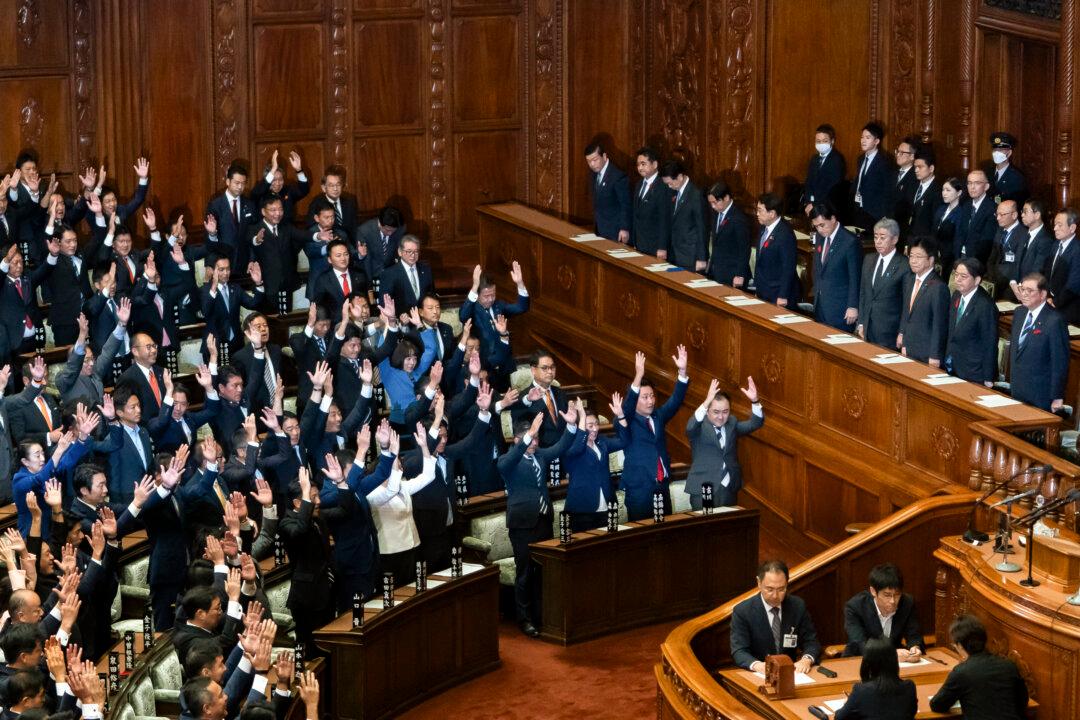Japan was plunged into political uncertainty on Oct. 27 after snap elections saw the ruling coalition led by new Japanese Prime Minister Shigeru Ishiba lose its parliamentary majority for the first time in 15 years.
Ishiba’s Liberal Democratic Party (LDP) and coalition partner, Komeito, secured 215 seats in the 465-seat lower house, falling short of the 233 needed for a majority, according to public broadcaster NHK.





